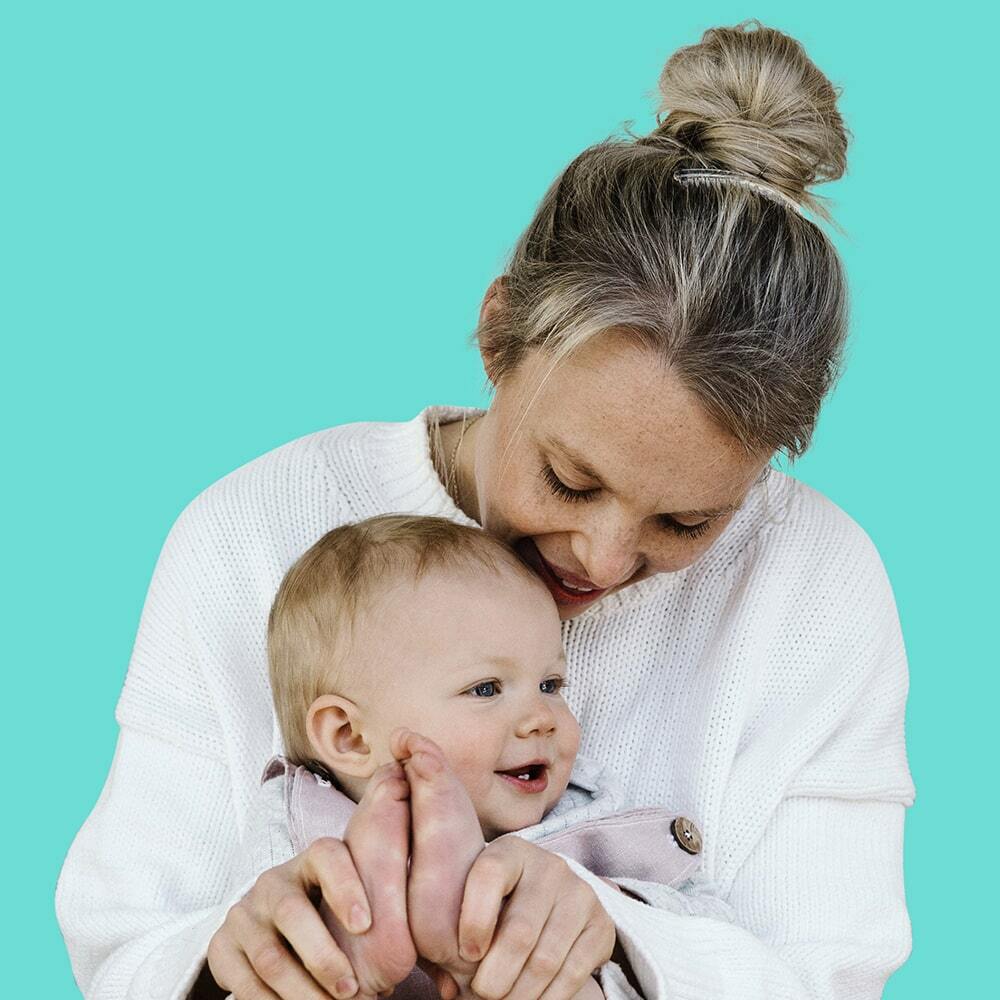Are Hollywood celebrities giving women a false sense of security about fertility?
12 October 2017

12 October 2017

At the moment, it feels like there is news of another over-40 celebrity pregnancy every single day. Though nobody is doubting pregnancy success stories are fantastic, it can be difficult to read for couples trying to conceive without success. So, are celebrity pregnancies giving women a false sense of fertility security?
The bottom line is that while we might feel inundated with celebrity pregnancy news, celebrity bodies don’t possess any special powers over ours! Though no two bodies are the same, celebrities are not biologically superior.
Shortly after ex-host of Big Brother and current co-host of Mornings Sonia Kruger announced her pregnancy at age 48 in 2015, she also announced her use of IVF and donor eggs. While this might not always be the case in later-in-life celeb pregnancies, Kruger certainly helped along the discussion concerning the increasing number of celebrity pregnancies at ages in the forties and fifties.
Unlike in Kruger’s case, there are a number of reasons we often don’t hear the insider information on celebrity pregnancies but before we start thinking ‘if she can do it at 48, so can I’, there’s one important thing to remember: biology.
Pregnancy later in life – the basics
Women are born with all the eggs we will have in our lifetime. As we get older, egg quality and supply declines, making age the single most important factor affecting our fertility and our chances of falling pregnant.
When we talk about ‘monthly chance of conception’, it means the likelihood of a woman falling pregnant during each menstrual cycle. Even at age 30, the likelihood might be less than we might expect - a 20% chance each month. By age 40, the monthly chance of conception has declined to just 5%.
While there are steps you can take to increase your chances, the key to later-in-life pregnancy is to think ahead. Pregnancy in your forties and fifties is, in reality, very difficult.
Falling pregnant at any age can be a personal struggle – even for celebrities
It’s important to remember that celebrities are not just on our level biologically, but they are also no more mentally or emotionally equipped to deal with some of the struggles that fertility issues can bring.
Waiting to conceive – whether naturally or with help – can be a frustrating process and there are obvious reasons why celebrities may choose to keep their struggle within their private lives. Most obviously, celebrity news is everywhere, and even the smallest of details seem to end up sprawled across news sites and social media. Even taking the first small steps in seeking fertility help can feel daunting – even for celebrities – and would certainly not be made easier by crowds of paparazzi.
It can be disappointing when strategies of fertility help don’t work straight away and celebrities are not equipped with a magic emotional shield. However, the nature of a life in the spotlight often means more access to resources enabling long-term continuation of high-quality fertility treatments such as IVF cycles. While many of us are concerned about trying to start a family at the right time for our bodies, celebrities are adequately equipped to undergo fertility treatments even as the likelihood of a natural pregnancy declines – no matter the cost.
Pregnancy in your forties – myths vs. truths
Myth: Pregnancy in your forties will be easy if I stay healthy.
Truth: While staying healthy is a factor in increasing your chances of pregnancy at any age, the reality is that the chance of monthly conception from age 40 is just 5%. Even though you may eat well, avoid excessive alcohol and exercise regularly, unfortunately the supply and quality of your eggs don’t reap those benefits.
Myth: I know I want to have children, but there’s no need to think about it yet.
Truth: If you know you want to have children but would like to wait until a certain time in your life, there are steps you can take now, such as freezing your eggs, to increase your chances of pregnancy when you are ready.
Myth: If I’m now over 40 and have had no success in falling pregnant so far, I’ve missed my chance.
Truth: While it may be a lot harder to conceive naturally, there’s no reason you’ve missed the boat just yet! While there is no doubt age is a factor in conception, IVF can help increase the chances of pregnancy as you get older. Alternatively, using donor eggs may also be an option for you.
Donor eggs – is it right for me?
There are some circumstances in which using donor eggs may be the only way to become a parent. While it might be easy to put pregnancy on the backburner until you reach a certain stage in your life, premature menopause and an advanced maternal age are common reasons for women choosing to explore the option of using donor eggs.
Ways to find a donor egg include importing eggs from The World Egg Bank, advertising for a donor, recruiting a donor through a clinic or having a willing friend or relative go through IVF procedures to donate to you.
Finding an egg donor can be difficult, but for some may be the most appropriate way to try to fall pregnant particularly in later-in-life pregnancies.
How to increase your chances of falling pregnant at any age
Although age is a very important factor in your chances of falling pregnant, staying on top of certain lifestyle aspects can increase our chances of falling pregnant at any age.
1. Eat well and exercise regularly. Yes, we hear these two instructions from basically everybody, but maintaining a healthy weight is a key factor in conceiving naturally. This is important for both male and female, too, as obesity in either partner will noticeably reduce chances of pregnancy.
2. Understand your cycle. Understanding how your own monthly cycle works is crucial in making use of the time to your advantage! You are most fertile during ovulation (about 12-14 days before your next period). It can take a couple of months to properly map and understand your cycle if you are a beginner, but making use of those fertile days by having sex every day will dramatically improve your chances of falling pregnant that month.
3. Curb alcohol and caffeine consumption and avoid smoking. Avoiding excessive alcohol consumption is not only important for staying within a healthy weight range, but heavy drinking can also lead to irregular periods, making it difficult to track the best time of the month to try to conceive.

Wherever you are on your journey, one of our supportive nurse enquiry team can help you understand your options and take the next step. These conversations are free and informative.